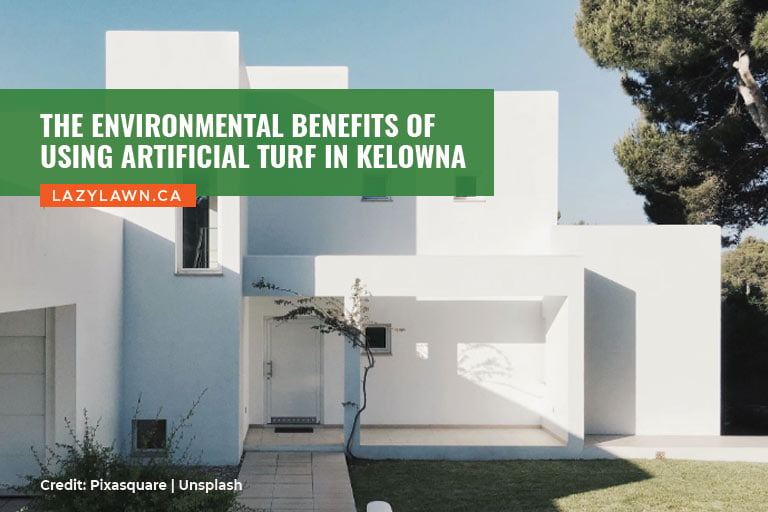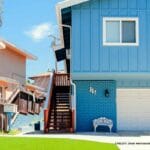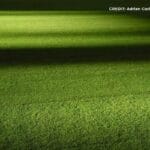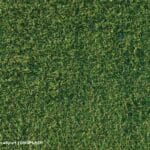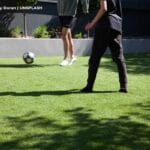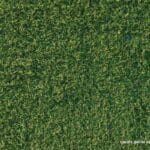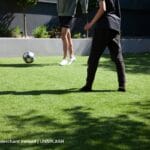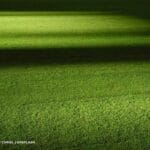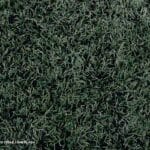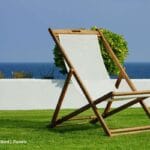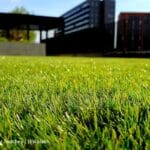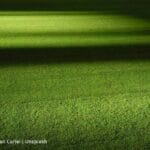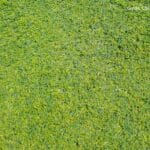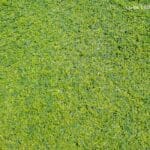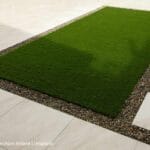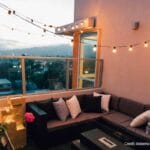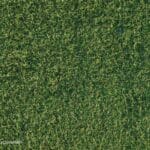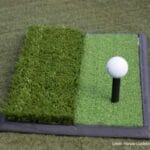Kelowna is famous for stunning landscapes and outdoor recreational opportunities. As the city continues to grow, the importance of sustainable practices only becomes increasingly evident. One such practice gaining popularity is the use of artificial turf. Artificial turf offers numerous environmental benefits that make it a viable and eco-friendly alternative to natural grass in Kelowna. Some of those benefits that may interest you include:

Water Conservation
One of the most significant environmental benefits of using artificial turf in Kelowna is water conservation. Natural grass lawns require substantial amounts of water to maintain their lush, green appearance, especially during the hot and dry summer months. For this reason, many Vancouverites are embracing brown lawns as an aesthetic choice. Artificial turf, on the other hand, requires no watering. Not only does this help conserve a precious natural resource but also reduces the strain on the local water supply, which is critical for the surrounding ecosystem and community.
In Kelowna, where water restrictions are often imposed during the summer, the adoption of artificial turf can also play a vital role in reducing residential and commercial water usage. By choosing artificial turf, homeowners and businesses can significantly cut down on their water consumption, contributing to the overall sustainability of the region.
Reduction of Chemical Usage
Maintaining a natural grass lawn typically involves the use of various chemicals, including fertilizers, herbicides, and pesticides. These substances can have detrimental effects on the environment, leaching into the soil and waterways, and harming local wildlife. In contrast, artificial turf eliminates the need for such chemicals, providing a safer and more environmentally friendly option.
In Kelowna, where the natural beauty and health of the environment matters greatly, reducing chemical usage is a significant benefit. The absence of harmful chemicals in artificial turf maintenance helps protect the local ecosystem, ensuring that the city’s flora and fauna can thrive without the threat of contamination.
Minimizing Carbon Emissions
Another noteworthy environmental advantage of artificial turf is the reduction in carbon emissions. Natural grass lawns require regular mowing, which typically involves gasoline-powered lawnmowers for ease of work. However, these mowers emit greenhouse gases and contribute to air pollution. Artificial turf, being a low-maintenance alternative, does not require mowing, thereby eliminating the associated carbon emissions.
In addition to reducing emissions from mowing, artificial turf also decreases the need for lawn equipment such as trimmers and edgers, further minimizing the carbon footprint associated with lawn maintenance. This reduction in emissions aligns with Kelowna’s commitment to environmental sustainability and helps improve air quality in the region.
Erosion Control and Soil Stabilization
Artificial turf can play a crucial role in erosion control and soil stabilization, particularly in areas with challenging landscapes. Kelowna’s diverse terrain, with its hills and slopes, can be prone to erosion, especially during heavy rainfall or snowmelt. Natural grass lawns may not always provide sufficient ground cover to prevent erosion effectively.
Artificial turf, with its durable and stable surface, offers an excellent solution for erosion-prone areas. It helps anchor the soil, preventing it from being washed away and protecting the integrity of the landscape. This is particularly beneficial for properties located on slopes or near bodies of water, where erosion control is essential to maintaining the health of the environment.
Reduction of Urban Heat Island Effect
Urban areas often experience higher temperatures than their rural counterparts, a phenomenon known as the urban heat island effect. This is primarily due to the extensive use of concrete, asphalt, and other heat-absorbing materials in urban settings. Natural grass can help mitigate this effect, but it requires significant water and maintenance.
Artificial turf, while not as effective as natural grass in cooling the environment, still offers some relief from the urban heat island effect. It does not absorb and retain heat to the same extent as concrete or asphalt, helping to moderate temperatures in urban areas. In Kelowna, where summer temperatures can soar, the use of artificial turf in residential and commercial landscapes can contribute to a cooler and more comfortable environment.

Longevity and Durability
One reason for the increasing spread of artificial turf is due its durability. Natural grass lawns can suffer from wear and tear, requiring frequent replanting or reseeding. This constant maintenance not only consumes resources but also generates waste.
Artificial turf, designed to withstand heavy use and varying weather conditions, has a much longer lifespan. It does not need to be replaced as frequently as natural grass, reducing the amount of waste generated and the resources required for upkeep. This durability makes artificial turf an ideal choice for high-traffic areas such as sports fields, playgrounds, and public parks in Kelowna.
Recyclable Materials and Sustainable Production
Modern artificial turf is often made from recyclable materials, contributing to its environmental benefits. The production process for artificial turf has also become more sustainable over the years, with manufacturers focusing on reducing the environmental impact of their products. By choosing artificial turf made from recycled or sustainable materials, homeowners and businesses in Kelowna can further support eco-friendly practices.
Recycling artificial turf at the end of its life cycle is another important consideration. Many manufacturers now offer recycling programs, ensuring that old turf can be repurposed rather than ending up in landfills. This commitment to sustainability helps close the loop on artificial turf’s environmental impact, making it a greener choice for Kelowna residents.
Enhancing Biodiversity
While artificial turf itself does not support biodiversity directly, its use can indirectly enhance local biodiversity. By reducing the need for chemical treatments and water usage, artificial turf helps create a healthier environment for local flora and fauna. Additionally, areas previously dedicated to high-maintenance natural grass lawns can be repurposed for native plants and natural habitats, further promoting biodiversity.
In Kelowna, where preserving natural beauty and wildlife is a priority, the strategic use of artificial turf can support efforts to enhance local biodiversity. Homeowners and businesses can create more diverse and sustainable landscapes by integrating artificial turf with native plants and green spaces.
The environmental benefits of using artificial turf in Kelowna are numerous and significant. From water conservation and reduced chemical usage to minimizing carbon emissions and promoting biodiversity, artificial turf offers a sustainable and eco-friendly alternative to natural grass lawns. As Kelowna continues to grow and evolve, embracing practices that protect and preserve the environment is crucial. Artificial turf, with its many advantages for homeowners, can play a vital role in ensuring that Kelowna remains a beautiful and sustainable place for future generations.
When you need eco-friendly, cost-effective synthetic turf for your home, give Lazy Lawn a call. We provide a wide range of synthetic grass options to suit your needs, whatever they may be. Whether you’re looking to renovate your lawn or build an indoor play area, we have just the right type of turf you’re looking for. Give us a call now at (888) 622-5296 for synthetic turf that looks and feels just like natural grass.

